Three years ago, Alaska Conservation Foundation recognized the growing concern surrounding increased mining activity in our state. In response, we organized the Alaska Conference on Mining Impacts and Prevention, a pivotal event that galvanized statewide interest and engagement on this issue. The resounding success of the conference and feedback from grassroots partners indicated a need and desire for Alaska Conservation Foundation to play an ongoing supporting role in statewide mining work. This inspired us to deepen our commitment to this cause, leading to the establishment of the Alaska Mining Impacts Network.

Since its inception, the Alaska Mining Impacts Network has worked diligently to create a convening space for conservation, tribal, and community leaders to create and share resources, build relationships, foster collaboration and strengthen advocacy efforts focused on the impacts of hardrock mining in Alaska.
Recently, we convened members of the Alaska Mining Impacts Network for a two-day workshop in Juneau. This workshop facilitated collaboration and advocacy, equipping members with the tools and knowledge needed for effective advocacy. Participants gained insights into the legislative process, lobbying techniques, and strategies for amplifying their voices on critical environmental issues.
Our advocacy efforts centered around two bills in the Alaska Legislature: House Bill 95 and Senate Bill 72. These proposed bills create barriers to protecting Alaska’s clean water resources by requiring legislative approval for establishing Tier 3 designations. Tier 3 designations represent the highest level of protection under the Clean Water Act and are vital for safeguarding waters of exceptional recreational, cultural, and ecological value.
The state Department of Environmental Conservation sets and enforces water quality standards limiting when and how much pollution may be discharged into any water of the state. Tribes and advocacy groups have long been advocating for Tier 3 protection for crucial waterways. However, their efforts have consistently been met with obstacles and delays from state authorities. These bills add an unnecessary layer of legislative approval, deviating from the current practice where scientific evidence leads to the decision to protect waters.
The workshop provided a platform for members to voice concerns against these damaging proposals. The power of convening was evident as members shared stories and experiences, recognizing the interconnectedness of their missions. From the salmon-rich waters of Yakutat River to the cultural heritage of Chilkat River, each member brought a unique perspective and passion to the table. Together, we advocated for science-based decision-making and the preservation of Alaska’s natural treasures.
The Alaska Mining Impacts Network’s trip to Juneau highlighted the impact of policy advocacy at the state level. Engaging with policymakers allows communities to shape legislation reflecting their values and priorities. If you have questions about the Alaska Mining Impacts Network please contact dcannon@alaskaconservation.org.


